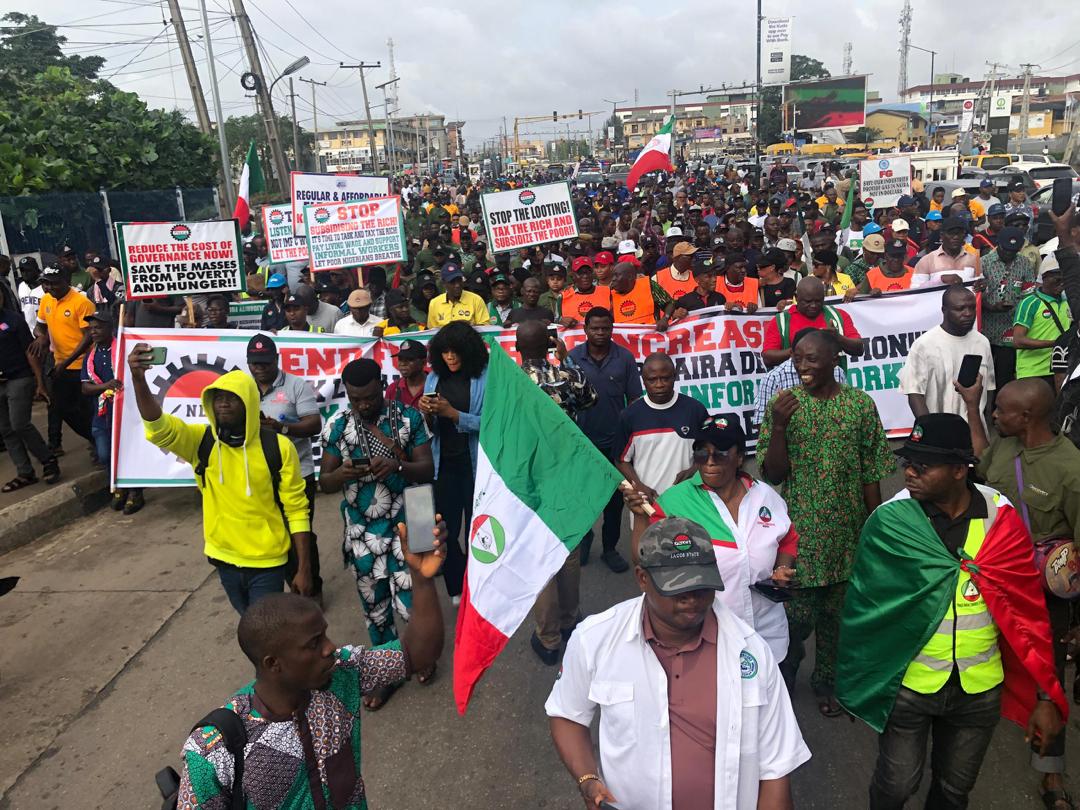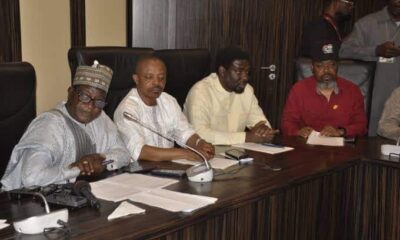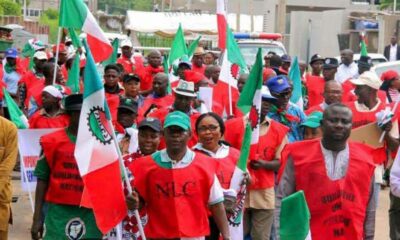Nigeria News
BREAKING: Labour declares nationwide strike as talks with FG collapses

The recent attempt at reconciliation between the organized labour and the Nigerian Federal Government has faltered, putting the nation on edge as the Nigeria Labour Congress (NLC) threatens to embark on a nationwide strike from August 14. The development comes after the Federal Ministry of Justice filed a contempt of court application against the labour leaders on Wednesday.
The disagreement revolves around the government’s accusation that the labour leadership disobeyed court orders during the protests that were initially planned last month. In an effort to prevent the strike, the Federal Ministry of Justice obtained a court order restraining the NLC and the Trade Union Congress (TUC) from conducting any strike action over issues relating to the removal of fuel subsidy and the increase in petrol prices, pending the resolution of the legal suit.
However, discontent with the slow negotiation process and the delay in implementing palliative measures to cushion the impact of the subsidy removal prompted the organized labour to defy the court injunction and stage nationwide protests on Wednesday, causing disruptions to economic activities.
In retaliation, the Federal Government initiated a contempt of court proceeding against the labour leaders, infuriating the unions and further straining the relationship between the parties. The NLC president, Joe Ajaero, accused the Ministry of Justice and the National Industrial Court of being “agents of anti-democracy.”
Despite a recent meeting with President Bola Tinubu, where an agreement was reached to call off the protests, the NLC has taken a firm stand. Ajaero announced that the nationwide strike will commence on August 14 if the government does not withdraw the lawsuit against the labour leaders before August 11.
Labour’s counsel, Femi Falana, SAN, emphasized that the NLC had not breached any agreements made with the President regarding the suspension of protests. He revealed that his client had already challenged the ex parte order obtained by the Ministry of Justice from the National Industrial Court, contesting the court’s jurisdiction and the competence of the order.






















